NEWS
Justice Akuffo Condemns Chief Justice Torkornoo’s Removal As Unjust Process
Published
6 months agoon
By
Adubianews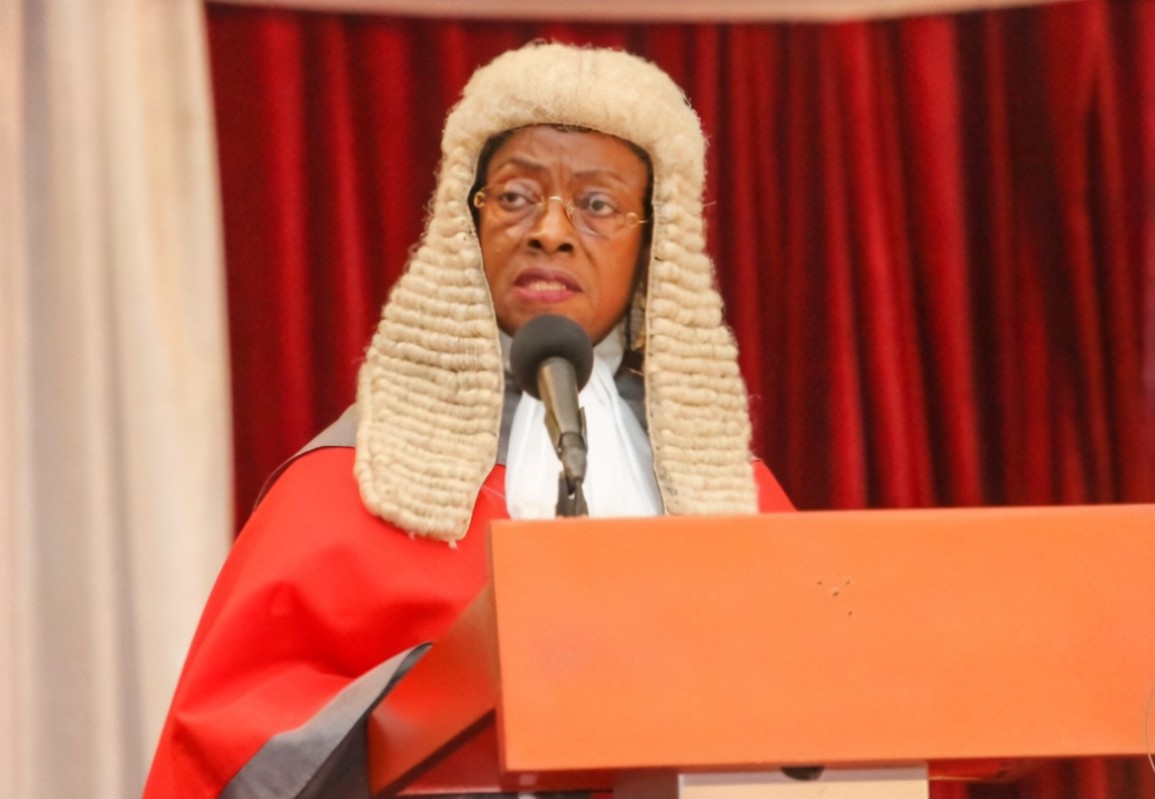
Ghana’s judicial system faces unprecedented scrutiny following former Chief Justice Sophia Akuffo’s scathing criticism of Chief Justice Gertrude Torkornoo’s removal. In a TV3 interview, Justice Akuffo characterized the dismissal process as fundamentally flawed and detrimental to the country’s democratic institutions.
The 13th Chief Justice of Ghana delivered a passionate condemnation of what she described as an unfair ordeal that should serve as a cautionary tale. “I pray to God that no Chief Justice, no Judge should go through this rigmarole again,” Justice Akuffo declared, emphasizing the gravity of the situation facing Ghana’s judiciary.
Justice Akuffo’s most pointed criticism centered on the procedural irregularities she observed throughout the inquiry. She argued that Chief Justice Torkornoo was denied fundamental fairness, stating: “She did not get a fair trial. Even though it is not a trial strictly speaking, it was handled as though it were a treason trial.” This comparison highlights the severity and inappropriate nature of the proceedings according to the former Chief Justice.
The controversy has drawn widespread criticism from various quarters, with opposition MPs and legal experts describing the removal as politically motivated and an assault on judicial independence. These concerns reflect broader anxieties about the separation of powers and the protection of judicial autonomy in Ghana’s democratic framework.
The Constitutional Process and Timeline
President John Dramani Mahama initiated the removal process on April 22, 2025, by suspending Chief Justice Torkornoo following allegations contained in three undisclosed petitions. These petitions reportedly alleged misconduct and incompetence, triggering the constitutional machinery for judicial removal.
Operating under Article 146(6) of Ghana’s 1992 Constitution, President Mahama consulted with the Council of State before establishing a prima facie case and forming an investigative committee. The five-member inquiry panel was strategically composed, with Justice Gabriel Scott Pwamang serving as chairman alongside Justice Samuel Adibu-Asiedu, former Auditor-General Daniel Yaw Domelevo, Major Flora Bazaanura Dalugo, and Professor James Sefah-Dzisah.
During the investigation period, Justice Paul Baffoe-Bonnie, recognized as the most senior Supreme Court judge, assumed the role of acting Chief Justice, ensuring continuity in judicial leadership while the inquiry proceeded.
The process culminated on Monday, September 1, when President Mahama formally removed Chief Justice Torkornoo based on the committee’s recommendation, citing “stated misbehaviour.”
Institutional Opposition and Legal Challenges
The Ghana Bar Association (GBA) emerged as a vocal critic of the removal process, declaring the presidential action unconstitutional. The GBA’s primary objection centered on procedural deficiencies, specifically arguing that President Mahama failed to publish required Constitutional Instruments or regulations under Article 296 of the Constitution to justify exercising discretionary power.
The Centre for Democratic Movement (CDM) joined the chorus of opposition, denouncing the decision as a violation of constitutional norms and judicial independence. CDM’s criticism focused particularly on the inquiry committee’s composition, which they characterized as politically biased and lacking the transparency necessary for due process.
Political opposition also materialized through the New Patriotic Party (NPP), which condemned the suspension as unconstitutional and warned of potential damage to Ghana’s democratic integrity.
Chief Justice Torkornoo’s Defense
Throughout the ordeal, Chief Justice Torkornoo maintained her innocence and challenged the legitimacy of the proceedings. She publicly characterized the suspension and removal process as “arbitrary,” “cruel,” and fundamentally unconstitutional.
Demonstrating remarkable resolve, Chief Justice Torkornoo refused calls for resignation, arguing that such action would constitute surrender to a fundamentally flawed process and would compromise her right to mount a proper defense. Her stance reflects broader principles about judicial independence and the importance of due process in democratic governance.
The removed Chief Justice’s position highlights the tension between executive authority and judicial independence, raising important questions about the appropriate mechanisms for addressing judicial misconduct while preserving the integrity of democratic institutions.
You may like
-
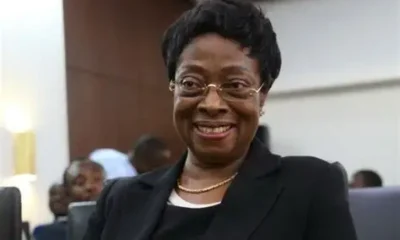

Sophia Akuffo Decries Rising Sexual Assault Cases Among Ghanaian Girls
-
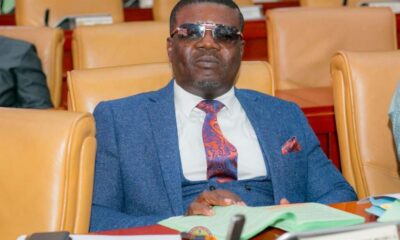

Former CJ Torkornoo Can Challenge Dismissal at Supreme Court – Dafeamekpor
-
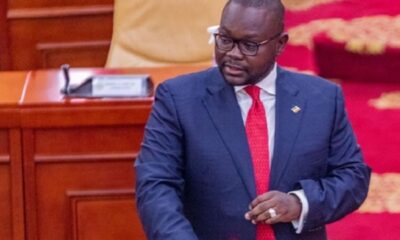

Asenso-Boakye: Mahama’s Removal of Chief Justice Threatens Ghana’s Democracy
-
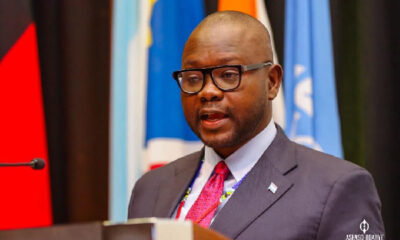

Asenso-Boakye Slams Mahama Over Removal of Chief Justice Torkornoo
-
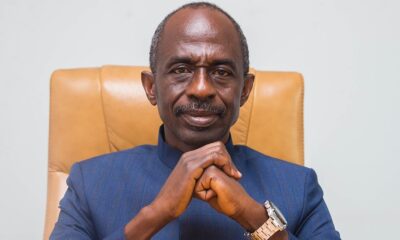

Asiedu Nketiah Refutes Claims of Executive Plot Against Chief Justice
-
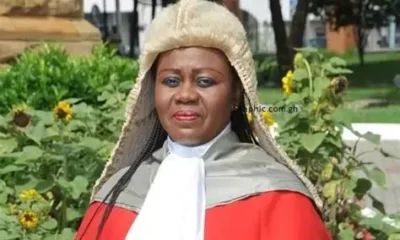

Suspended CJ Torkornoo Files Human Rights Case Against Ghana at ECOWAS Court
-


I’ve been disappointed in all governments since 1992 – Sophia Akuffo explains.
-


Sophia Akuffo: Gabby’s European training affecting his Ghanaian values – Lecturer.
-


Sophia Akuffo promises ‘more fire’ on issues of national interest.

























